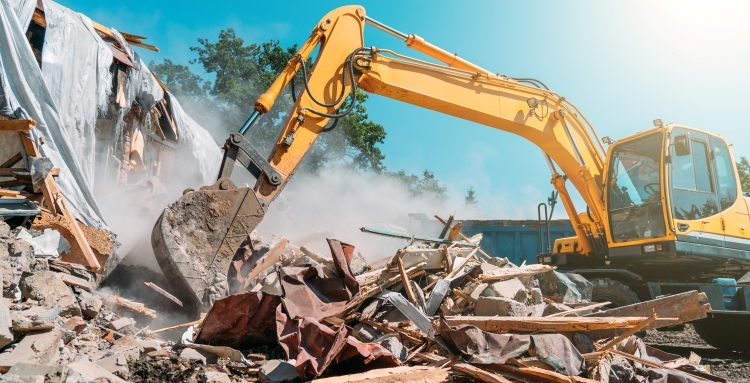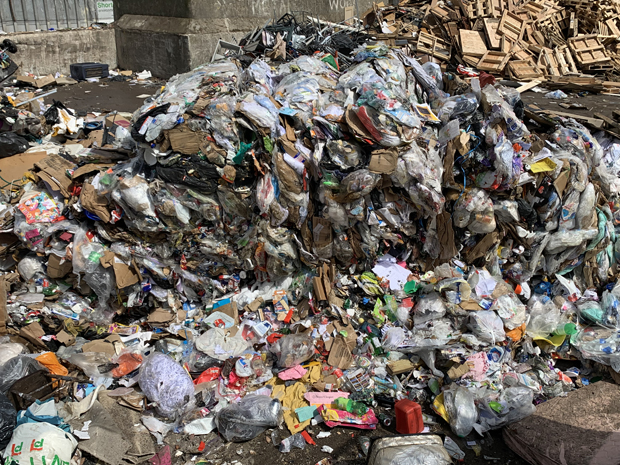However, the LGA warned that there are “gaps” in the strategy set out to achieve this and said more focus should be on non-household waste.
The Department for Environment, Food & Rural Affairs (Defra) launched a consultation on its proposed environmental targets under the Environment Act in March (see letsrecycle.com story).
The consultation closed on 27 June and the LGA has now published its official response.
Defra’s proposed targets include reducing residual waste, excluding major mineral wastes, by half from 2019 levels by 2042. In 2019, the UK produced 560kg of residual waste per capita.
In its response, the LGA said it was “right” that Defra had set a “high level of ambition” for reducing residual waste, but its strategy needed “work”. The council membership body called for a greater focus on waste prevention.
The LGA’s response reads: “The consultation sets out how Government will work with local government to increase recycling, but there are gaps in the strategy for reducing waste, for example in dealing with municipal offensive waste items that frequently end up in the household residual waste bin, for example nappies, hygiene products and incontinence pads.
“As household waste is only 12% of the total waste generated, Defra needs a clear strategy for ensuring that other sectors are making an equally strong contribution to the waste reduction target.”
Funding
Overall, the LGA said it was “helpful” to see Defra’s thinking on the scope of long-term environmental targets. As a next step, the LGA suggested, Defra needs to set out “clear implementation plans” with interim targets.
“Long term environmental targets must be matched with sustainable sources of funding and embedded across government,” the LGA’s response reads.
“If any of the proposed national targets are applied to local government, this must be accompanied by funding for new burdens.”
Mineral waste

However, the LGA disagreed with Defra’s exclusion of mineral waste from the target for waste reduction and said doing so reduced its ambition “significantly”.
Mineral waste, consisting of waste from construction and demolition plus waste from mining, was the largest category of waste in the UK in 2019 at 84 million tonnes, the LGA says. By contrast, household waste made up 12% of all waste generated.
As such, the LGA said in its response: “Defra acknowledge that the lack of data is one of the reasons for excluding major mineral waste, and this data gap needs to be addressed.”
Measurements
Defra is exploring how it might measure progress towards the target as a ratio of economic output in monetary value to raw material consumption, estimated by material weight. The LGA agreed that this method of measuring the target metric was “appropriate”.
“Measuring the volume of waste sent through various disposal routes can be easily understood and this is already collected as part of household waste and recycling statistics,” the LGA’s response reads.
However, the LGA disagreed that local authorities should have a legal requirement to report this data. “The local authority sector provides waste data as part of national statistics,” the LGA said.
“Defra must consider the opportunity to streamline data collection systems and reduce the burden on councils.”
The LGA added: “The big gaps in data are to be found in other sectors, notably business waste and construction and demolition waste. The focus should be on bringing all sectors up to the same standard of data collection.”












Subscribe for free